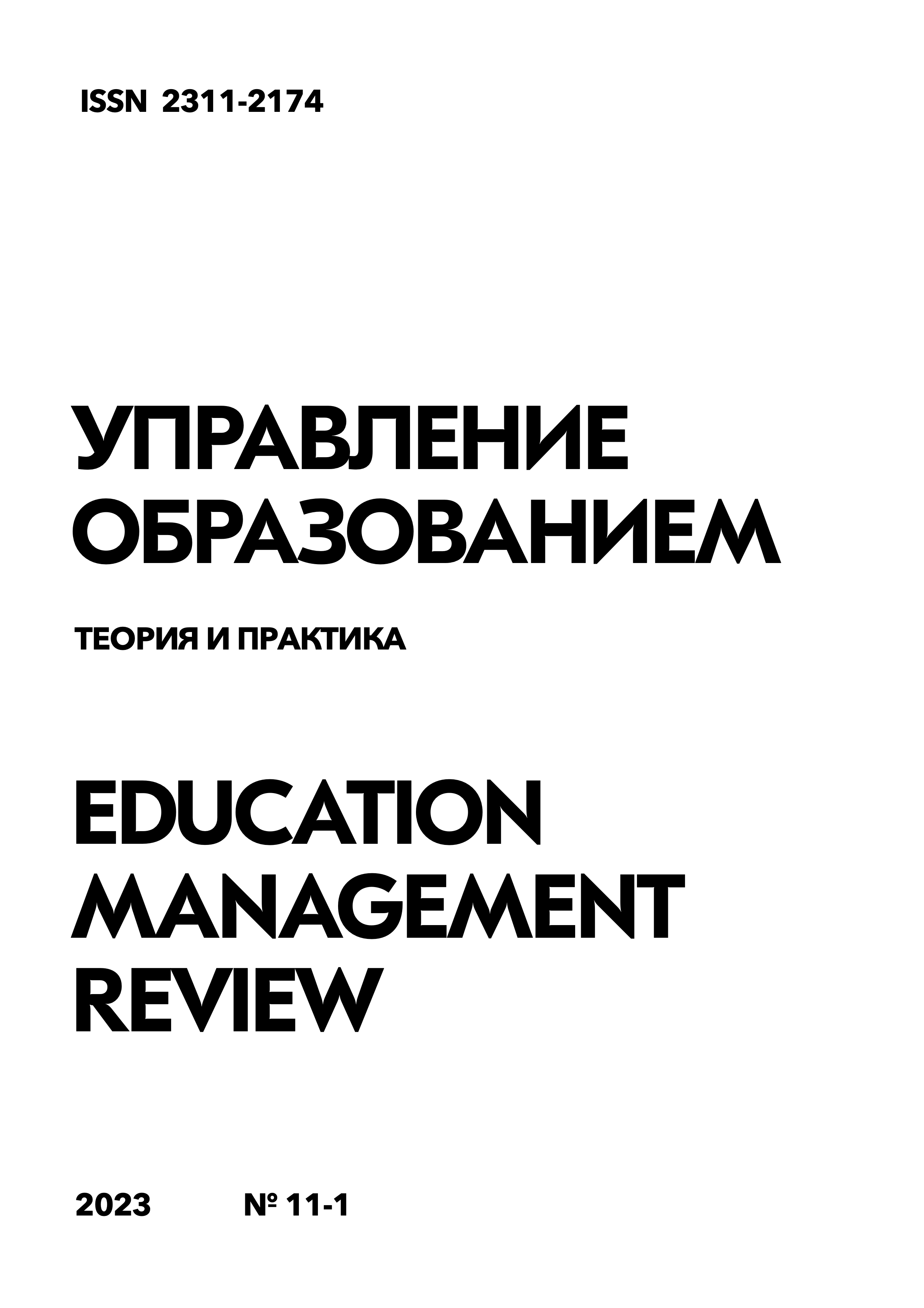The integrity and innovativeness of the Chinese narrative system in terms of cultural self-confidence in the context of higher education
DOI:
https://doi.org/10.25726/z8004-2655-0491-yKeywords:
cultural confidence, Chinese narrative system, higher education, innovativeness, traditionalism, quantitative analysis, qualitative analysis, interdisciplinarity, epistemologyAbstract
In the context of the acceleration of globalization processes and cultural divergence, the narrative system of Chinese education demonstrates a unique synergy of traditionalism and innovation. It not only serves as an epistemological foundation, but also reflects the phenomenon of cultural self-confidence. The article analyzes this complex mechanism, focusing on its aspects in the context of higher education. The methodological basis is quantitative and qualitative analysis of data taken from 134 Chinese educational institutions represented in the QS World University Rankings 2021, and 256 scientific publications in the Scopus and WoS databases for the period from 2015 to 2020. This research perspective on the Chinese narrative system of higher education seeks a nuanced integration of interdisciplinary knowledge within cultural studies, pedagogy, and sociology. The study of the narrative system of Chinese higher education can be divided into several main dimensions: cultural, innovative and traditional. The relationship between the integrity and innovativeness of the Chinese narrative system in the context of higher education is a multifaceted research subject, the dissection of which leads to several key observations. First of all, this connection is noteworthy from a cultural confidence perspective.
References
Ганшин В.Г. Роль Интернета в процессе формирования гражданского общества в КНР // Проблемы Дальнего Востока. 2010. № 4 С. 84-92.
Го Т. Исследование семантического порядка слов русского языка с точки зрения программки. Магистерская дипломная работа. Харбин, 2015.
Лексютина Я.В. Политика китайского руководства в вопросах контроля и регулирования Интернета // Общество и государство в Китае. 2015. № 17-1. С. 28-37.
Ноздрина Л.А. Интерпретация художественного текста. Поэтика грамматических категорий: учеб. пособие для лингвистических вузов и факультетов. М., Дрофа, 2009. 252 с.
Родионов А. А., Власова Н. Н., Егоров И. А. Много добра, мало зла. Китайская проза конца XX - начала XXI века: Пер. с кит. яз. СПб.: Институт Конфуция в СПбГУ, КАРО, 2013. 464 с.
Родионов А.А., Спешнев Н.А. Сорок третья страница. Китайская проза XXI века: Пер. с кит. яз. СПб.: КАРО, 2011. 432 с.
Самарская Е.Г. Автобиографическое представление как репрезентант личности персонажа в художественном тексте: Дис. канд. филол. наук. Краснодар, 2008. 26 с.
Семенова Н.К. Неправительственные организации КНР - ростки демократии // Синхайская революция и республиканский Китай - век революций, эволюции и модернизации: сборник статей. М.: Институт востоковедения РАН, 2013. С. 209-222.
Сюй Кунь. Кухня // Современная китайская проза. Багровое облако: антология, составленная Союзом китайских писателей. М.: АСТ; СПб.: Астрель. СПб, 2007. С. 399-425.
Тянь Хунмин. Описание Китая в произведениях Бориса Акунина: историческое повествование и культурная память // Сравнительное литературоведение в Китае. 2018. № 3. С. 132-144.
Хамицева С.Ф. Концепция теории актуального членения // Актуальные проблемы гуманитарных и естественных наук. Москва, 2015; № 3-1: С. 272 - 275.
Чэнь Г. Актуальное членение и порядок слов в двухсоставном повествовательном предложении. Харбин: Издательство Харбинского технологического университета, 2007.
Gustafsson K. Chinese collective memory on the Internet: Remembering the Great Famine in online encyclopaedias // Memory Studies. 2019. № 12 (2). P. 184-197.
Han E.L. Journalism and mnemonic practices in Chinese social media: Remembering catastrophic events on Weibo // Memory Studies. 2017. DOI: https://doi.org/10.1177/1750698017714833
Li H.S. Spoof Videos: Entertainment and Alternative Memory in China // Entertainment Values. Palgrave Macmillan, London, 2017. P. 179-194.
Wang Y. Contesting the past on the Chinese Internet: Han-centrism and mnemonic practices // Memory Studies. 2019. DOI: https://doi.org/10.1177/1750698019875996
Wu X. Discursive strategies of resistance on Weibo: A case study of the 2015 Tianjin explosions in China // Discourse, context & media. 2018. Т. 26. P. 64-73.

